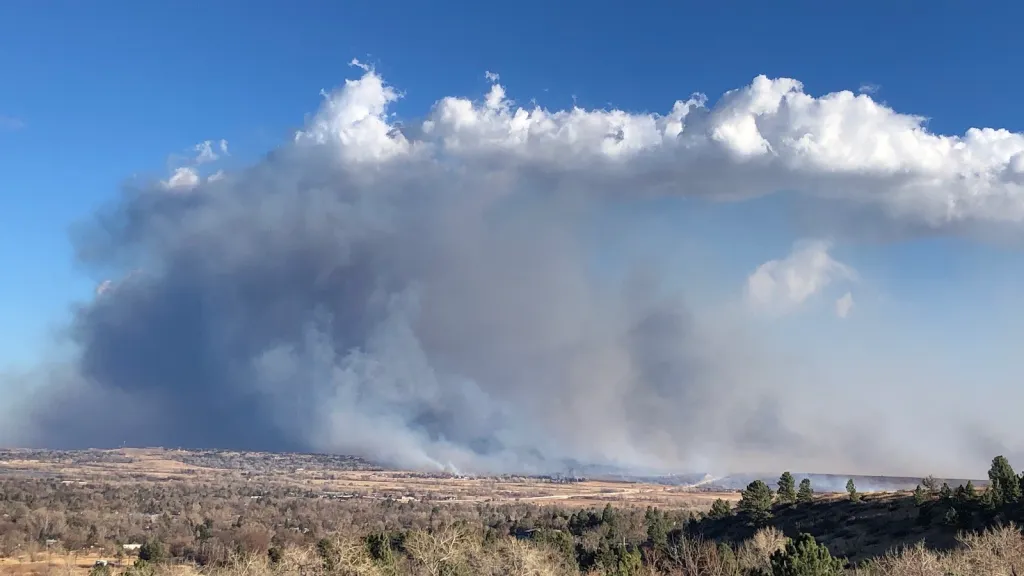
Can Big Ideas about Resilience Survive the Reality of a Disaster?
Built Environment Policy and Recovery after the Marshall Fire
Photo credit: Marc Piscotty/Getty Images
On December 30, 2021, Marshall Fire destroyed 1,084 homes and damaged 149 more in the communities of Louisville, Superior, and unincorporated Boulder County, becoming the most destructive fire in Colorado’s history.
For these and the growing number of communities facing a new set of risks due to climate change, key questions now emerge: Will these events strengthen communities’ resolve to build climate resilience, or erode public support for such policies in favor of reducing short-term recovery costs? And do community members who live through rebuilding and recovery shift their opinions of and support for such resilience policies?
Our project focuses on regulations that contribute to disaster and climate resilience of communities but that can make development more costly, particularly in the short-term. Prior work has shown that public support and the availability and requirements of external resources and programs shape these local government decisions, but, it is unclear whether and to what extent this support changes after a shock such as a disaster, and how these policy decisions are affected by and affect individual preferences and decisions, including the decision to rebuild or relocate post-disaster. Our project studies resilience policies after disaster events by collecting perishable data on resident recovery and local government decision-making after the Marshall Fire.

Contact
Feel free to contact us with any questions.
